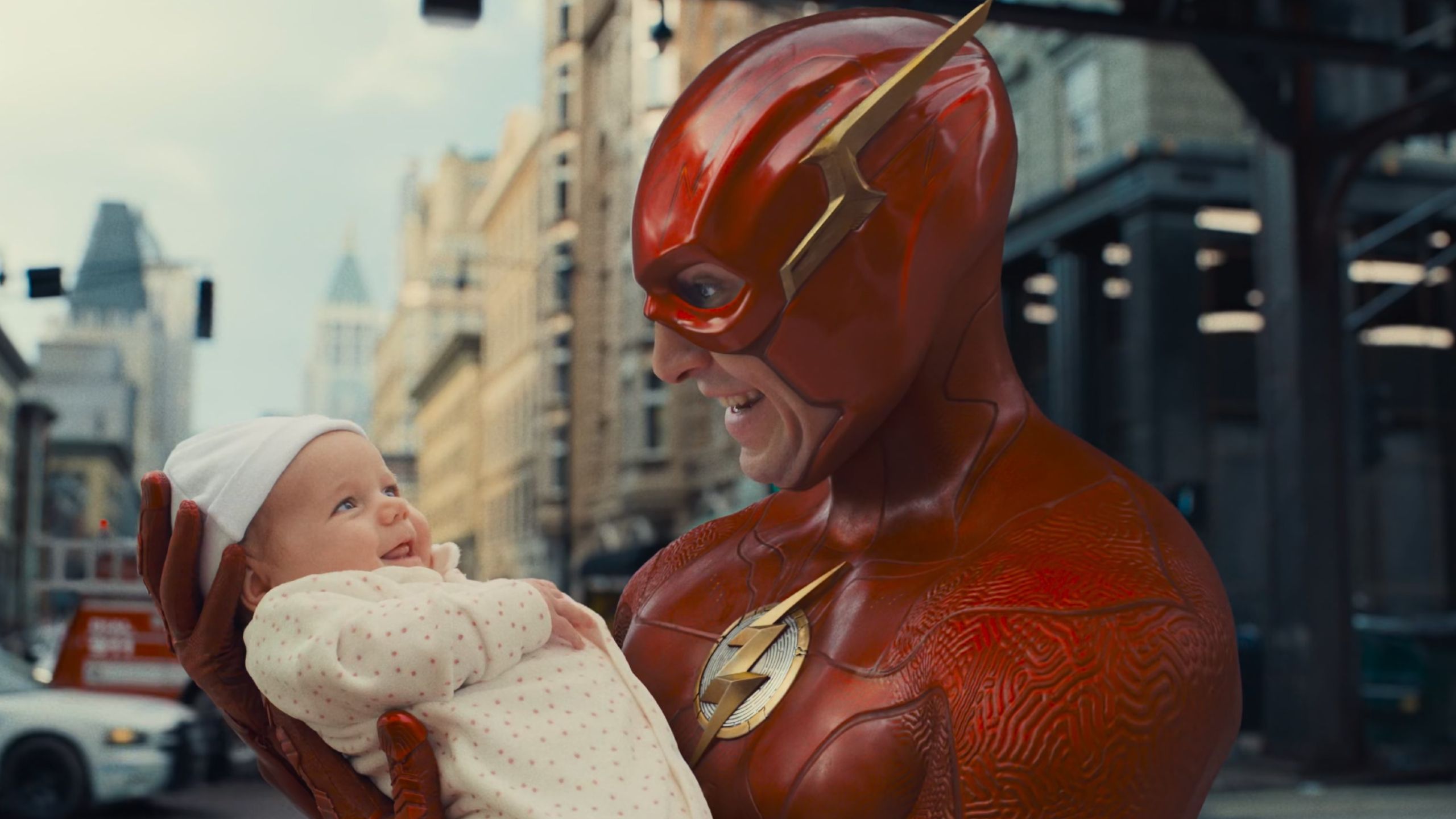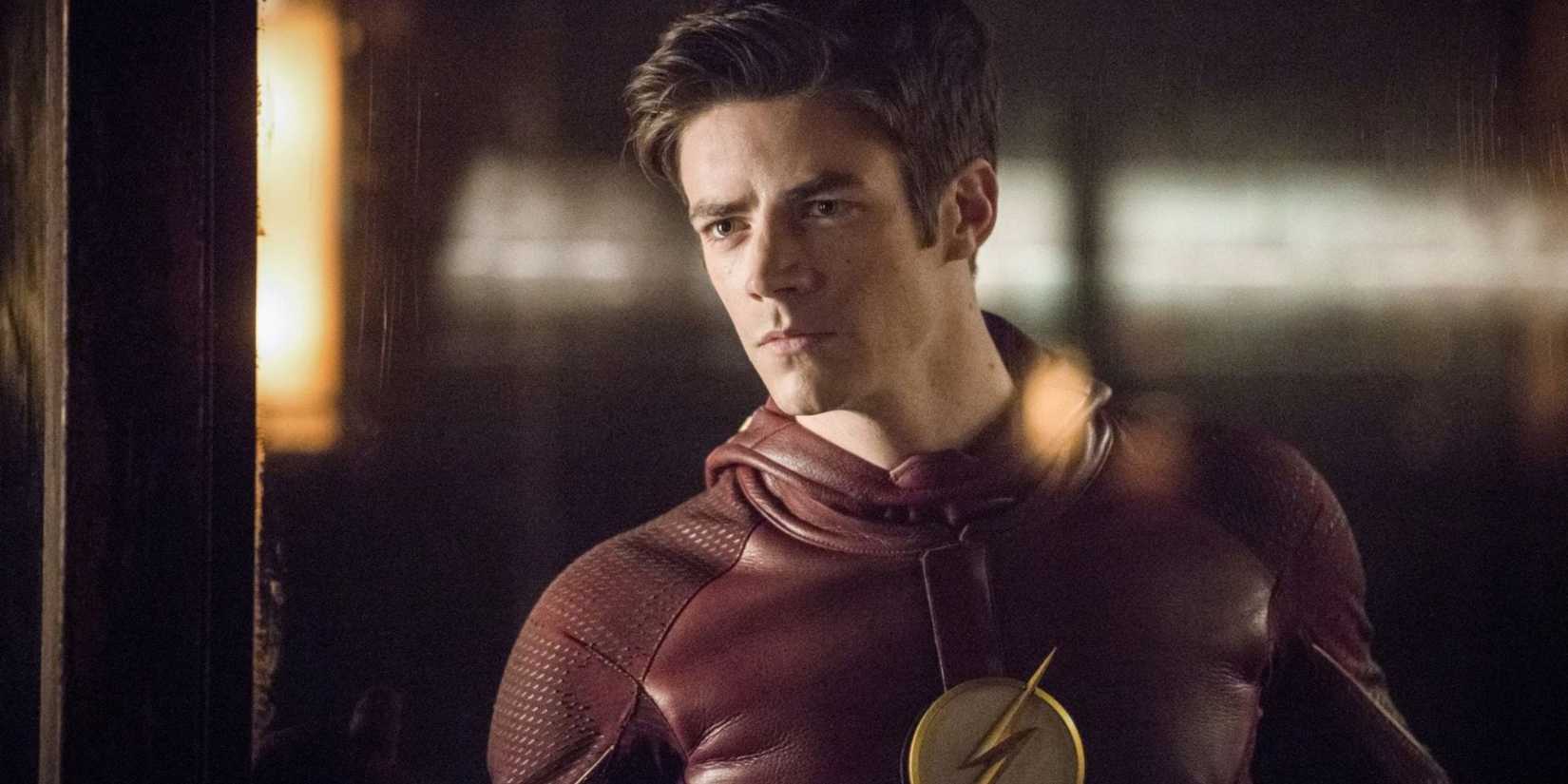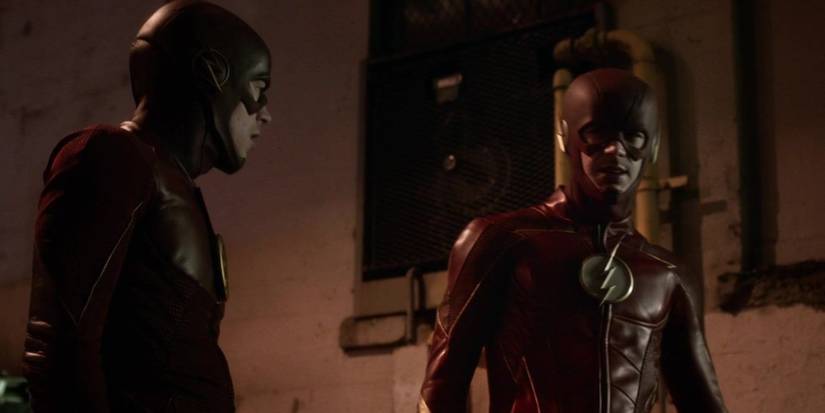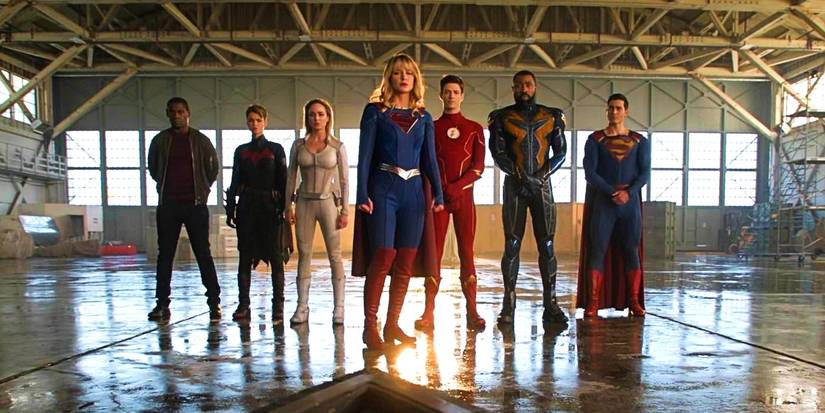
Overall, The CW’s The Flash was a fantastic series, though its initial take on the ‘Flashpoint’ story doesn’t quite hold up today, especially when compared to the surprisingly bold Flash movie. Grant Gustin truly excelled as Barry Allen and remained a standout performer within the Arrowverse, even as the character’s story evolved – his portrayal of Barry still feels definitive.
The show had a nine-season run with plenty of ups and downs, but it was generally enjoyable. While mostly fun, it wasn’t without its confusing moments. Fans often questioned certain plot points, like the bizarre lightsaber duel involving lightning in season 7, or the disappointing season 2 finale where Barry acted selfishly and without thinking things through.
It was disappointing to watch Barry reverse his accomplishments from the first season, but the consequences of the season two finale – where he saved his mother – led to one of the weakest storylines in the entire Arrowverse. Even the poorly received The Flash movie handled the ‘Flashpoint’ story better.
The Flash Season 3 Opened With An Adaptation Of Flashpoint

In the season 2 finale of The Flash, Barry chose to save his mother, even though it meant drastically changing his life and the lives of everyone around him. This decision led season 3 to begin by exploring the well-known “Flashpoint” storyline from the comics much earlier than many expected.
As a big fan of the show, I felt this episode really focused on Barry realizing where he’d gone wrong, but everything stayed pretty local to Central City. We saw how things had changed for his friends – Iris and her dad are struggling, and Cisco’s become a total tech giant – but honestly, those shifts felt a little minor in the grand scheme of things. It was good to see them, but it didn’t feel like massive alterations to the world.
Even with both parents now in his life, Barry Allen still developed his superpowers. This is a surprising change from the original comic books, which featured a drastically altered world where well-known heroes never emerged, and Barry didn’t have any powers at all.
The first Flashpoint story features a drastically different world: Thomas Wayne becomes a Batman-like vigilante after his son Bruce dies, and his wife transforms into the Joker. Plus, the Amazons and Atlanteans are at war, and there’s no Justice League. Compared to other versions, the comic book Flashpoint has much wider-reaching effects.
The CW’s Flashpoint Only Lasted One Episode

A major issue is that the story arc was rushed, happening and concluding within a single episode. This didn’t allow for exploration of the wider implications beyond the immediate location, and what could have been a fantastic adaptation of a beloved comic book storyline ended up feeling simplified and used mainly to fix a disappointing season finale.
While the Flash movie doesn’t quite tell the complete story, it does a good job of showing how important and difficult Barry’s decisions are. The movie also features appearances from other heroes, and two versions of Barry Allen must team up to repair the world and restore a timeline where heroes are present.
The CW’s The Flash really dropped the ball with this particular story arc. By naming the episode “Flashpoint,” they essentially prevented themselves from exploring the storyline further within the larger Arrowverse, which is disappointing given how much bigger that universe eventually became.
Flashpoint Should Have Been An Entire Arrowverse Arc

The Arrowverse had several large crossover events, the most notable being ‘Crisis on Infinite Earths.’ However, the ‘Flashpoint’ storyline had the potential to be an even more impactful and successful crossover than anything the series ultimately produced.
Because of how separate DC’s movies and TV shows are, major characters like Batman and Superman likely wouldn’t appear much, and the Justice League wouldn’t be a key part of the Flashpoint storyline in the Arrowverse. However, Barry Allen altering the past should still have caused significant consequences.
Instead of connecting to the other shows in the Arrowverse, this story stands alone. While Barry’s actions in the past do have some effects, the overall result doesn’t quite satisfy fans familiar with the character or the comic book source material.
The story could have unfolded similarly, but Barry’s poor decision should have had bigger consequences, leading to widespread chaos. Instead, The Flash could have been more impactful by temporarily separating the character from the rest of the Arrowverse and focusing on a season where Barry explores life without his powers.
Although the story in Flashpoint has a large impact on the DC Universe, it mainly focuses on Barry Allen and how he deals with the results of his choices. The Flash also explores Barry learning from his actions, but it doesn’t feel as significant or long-lasting compared to the Flashpoint storyline.
This storyline in The Flash had the potential to be a major turning point for both the character and the show, and it could have really worked well as a full season or a larger crossover event with other Arrowverse shows. However, in this case, the Flash movie actually surpassed what the TV series delivered.
Read More
- How to Get the Bloodfeather Set in Enshrouded
- The Pitt Season 2, Episode 7 Recap: Abbot’s Return To PTMC Shakes Things Up
- Every Targaryen Death in Game of Thrones, House of the Dragon & AKOTSK, Ranked
- 4 TV Shows To Watch While You Wait for Wednesday Season 3
- One of the Best EA Games Ever Is Now Less Than $2 for a Limited Time
- Felicia Day reveals The Guild movie update, as musical version lands in London
- 10 Movies That Were Secretly Sequels
- Where Winds Meet: How To Defeat Shadow Puppeteer (Boss Guide)
- Best Thanos Comics (September 2025)
- Goat 2 Release Date Estimate, News & Updates
2025-11-06 00:09